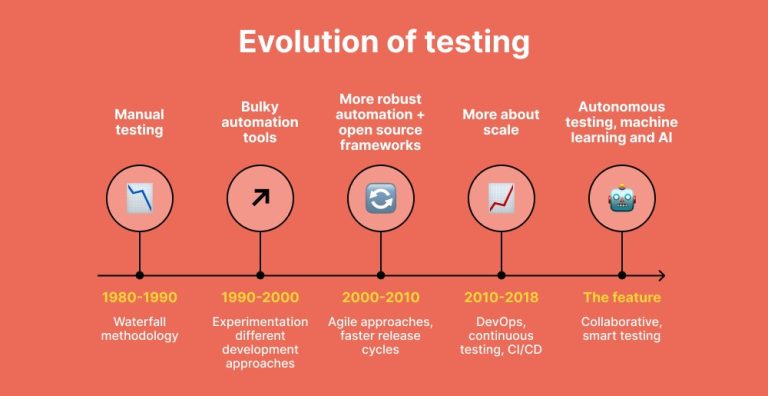The Journey of a Tech Project Manager
The journey of a tech project manager is one defined by constant evolution, balancing technical fluency with leadership finesse. It begins not with a title, but with a mindset—an ability to see the big picture while managing the intricate details that bring a product to life. In the fast-paced world of technology, project managers serve as the connective tissue between vision and execution, translating strategic goals into actionable plans and ensuring that teams stay aligned, motivated, and focused. Their role is not static; it adapts with each project, each team, and each challenge, demanding a blend of resilience, curiosity, and empathy.
Early in their careers, tech project managers often find themselves navigating ambiguity. They may come from backgrounds in engineering, design, or business, but regardless of their starting point, they quickly learn that success hinges on communication and coordination. A project manager might begin by managing timelines and deliverables, but soon realizes that the real work lies in managing expectations, resolving conflicts, and fostering collaboration. For example, when a development team hits a roadblock due to unforeseen technical debt, the project manager must not only adjust the schedule but also communicate the impact to stakeholders and help the team refocus. These moments reveal the depth of the role—it’s not just about tracking progress, but about enabling it.
As they gain experience, tech project managers become adept at translating between disciplines. They learn to speak the language of developers, designers, marketers, and executives, ensuring that everyone is working toward a shared goal. This requires more than technical knowledge; it demands emotional intelligence and strategic thinking. A seasoned project manager knows when to push for clarity, when to advocate for the team, and when to challenge assumptions. Consider a scenario where a product feature is requested late in the development cycle. The project manager must assess feasibility, weigh trade-offs, and facilitate a decision that balances innovation with delivery. These decisions are rarely black and white, and the ability to navigate them with nuance is what sets great project managers apart.
Technology itself is constantly changing, and project managers must stay ahead of the curve. They need to understand emerging tools, methodologies, and trends—not necessarily to implement them directly, but to guide their teams effectively. Agile, Scrum, Kanban, and DevOps are more than buzzwords; they are frameworks that shape how work gets done. A project manager who understands these approaches can tailor processes to fit the team’s needs, fostering a culture of continuous improvement. For instance, introducing daily stand-ups or sprint retrospectives can help surface issues early and build momentum. But these practices only work when they are embraced authentically, and it’s the project manager’s job to cultivate that buy-in.
Stakeholder management is another critical dimension of the journey. Tech projects often involve multiple parties with competing priorities, and aligning them requires diplomacy and clarity. A project manager must build relationships based on trust, ensuring that stakeholders feel heard and informed. This means crafting clear reports, facilitating productive meetings, and anticipating concerns before they escalate. When a launch date slips or a feature is deprioritized, the project manager must communicate the rationale and maintain confidence in the team’s direction. These interactions shape the perception of the project and can influence its long-term success.
The journey also includes moments of reflection and growth. Project managers learn from each initiative—what worked, what didn’t, and how they can improve. They develop a toolkit of lessons and instincts that guide future decisions. Over time, they become mentors, helping others navigate the complexities of tech projects and fostering a culture of learning. They understand that leadership is not about control, but about empowerment. By creating environments where teams feel safe to experiment, fail, and iterate, project managers unlock creativity and drive innovation.
In many ways, the journey of a tech project manager mirrors the lifecycle of a product. It begins with discovery, evolves through development, and matures with delivery and iteration. Each phase brings new challenges and opportunities, and the project manager is there to guide the process, adapt to change, and keep the team moving forward. Their impact is often invisible—measured not in lines of code or design assets, but in the cohesion of the team, the clarity of the roadmap, and the confidence of the stakeholders.
Ultimately, being a tech project manager is about embracing complexity and leading with purpose. It’s about understanding that success is not just about meeting deadlines, but about building something meaningful together. It’s about recognizing that every project is a journey, and every journey is an opportunity to grow, connect, and create. In a world where technology continues to transform how we live and work, the role of the project manager remains essential—not just as a coordinator, but as a catalyst for progress.







